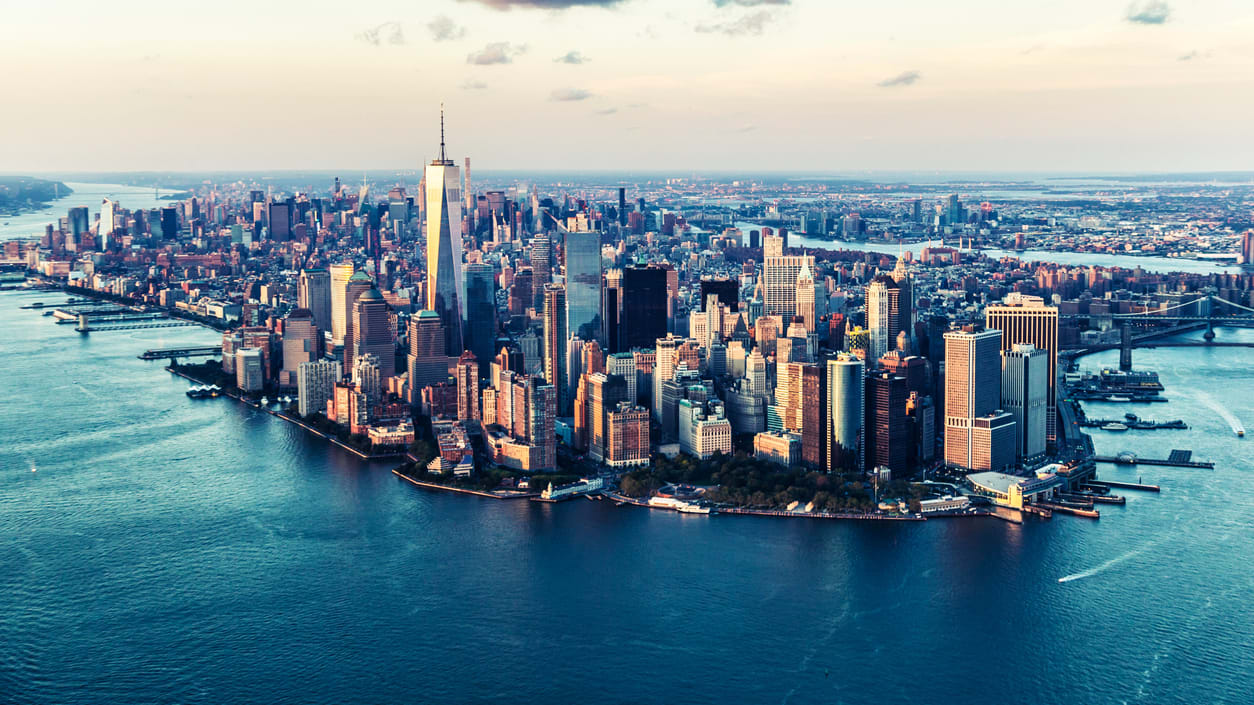New York City has issued guidance on Mayor Bill de Blasio's vaccination order for all businesses in the city, a mandate that takes effect Dec. 27. We've gathered articles on the news from SHRM Online and other outlets.
Covered Workers
A covered worker is defined as an individual who works in-person in New York City at a workplace. The definition includes a full-time or part-time employee, intern, volunteer and contractor of a covered entity, as well as a self-employed individual. However, the mandate does not apply to workers who work alone without in-person contact with others. Since the requirement applies to workplaces in New York City, workers' residency in general is not relevant, except for an exception for artists and athletes.
Remote Workers Excluded
The vaccination requirement excludes any individuals who work remotely from their own home and do not interact in person with co-workers or members of the public, and anyone who may enter a workplace "for a quick and limited purpose." The requirement also does not apply to performing artists, athletes or individuals accompanying such artists or athletes who are not from New York City.
Required Accommodations
The guidance on the vaccine requirement notes that employers must consider accommodation requests based upon disability; pregnancy; childbirth; lactation; religious beliefs or observances; or status as a victim of domestic violence, stalking, or sex offenses. Other employees who are protected are those with ethical or moral beliefs that are sincerely held, though there aren't protections from vaccine requirements for those with social, political or economic views or personal preferences in opposition to vaccines. New York City employers will have to consider accommodation requests for a much broader range of reasons than is required under federal law and related Equal Employment Opportunity Commission (EEOC) guidance, which require accommodations only for medical and religious reasons.
What Proof Must Workers Submit?
New York City workers can show proof of either a single-dose or a two-dose vaccine. Proof of at least one dose of any COVID-19 vaccine must be submitted by Dec. 27. If an employee submits proof of only one dose of a two-dose vaccine by the deadline, the worker must submit proof of the second dose within 45 days after proof of the first dose was provided.
Shots Already Required for Schools and City's Workforce
The mayor already issued a requirement that took effect in October requiring shots for workers in the city's public school system. He extended that directive to cover the city's workforce—including police officers, firefighters and sanitation workers—and broadened the order to include child care workers. Employees at private schools also now must be vaccinated.
(AP) and (SHRM Online)
Was this resource helpful?




